Fix the Mix recently unveiled the first of its annual report on gender representation in audio production and engineering roles in conjunction with nonprofit advocacy organization We Are Moving the Needle, music credits database Jaxsta, Middle Tennessee State University and Howard University.
Titled “Lost in the Mix: An Analysis of Credited Technical Professionals in the Music Industry Highlighting Women and Non-Binary Producers and Engineers Across DSP Playlists, Genres, Awards, and Record Certifications,” the report confirms that women and non-binary people are vastly underrepresented in audio production and engineering roles across genres, the most-streamed songs of 2022 and of all time.
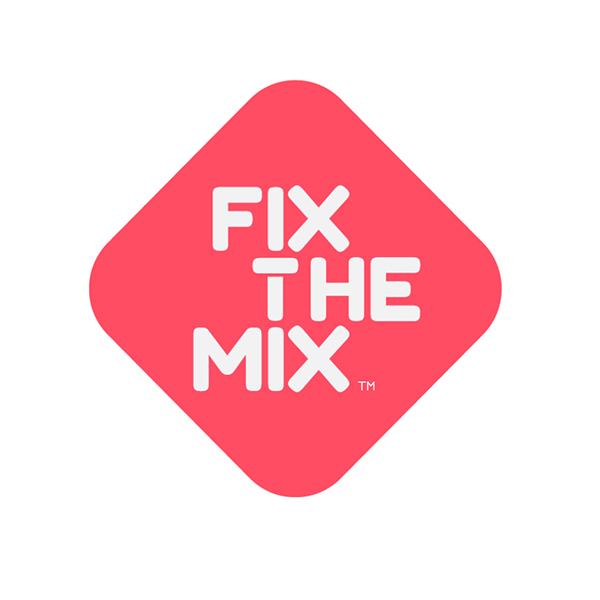
It also concludes that women and nonbinary people are more likely to be credited in junior roles in the technical fields, while senior studio roles are still out of reach.
The Fix the Mix report closes with suggestions that are “meant to empower both major music industry players and individuals to drive measurable change,” including a call for the major music companies to extend their well-funded DEI (diversity, equity and inclusion) initiatives beyond full-time employees to also include the hiring of more women and nonbinary producers and engineers for their releases.
Read the full Fix the Mix report on the MTSU website here: https://www.mtsu.edu/media/fix.pdf.
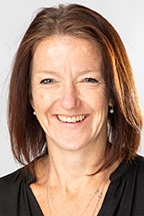
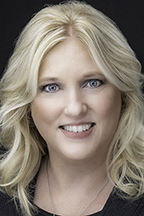
Fix the Mix is an initiative launched in 2022 by We Are Moving the Needle and Jaxsta, the world’s largest database of official music credits, along with other music organizations focused on closing the enormous gender gap in the music industry, particularly in behind-the-scenes roles.
The authors of the study are Grammy Award-winning mastering engineer and We Are Moving the Needle founder Emily Lazar; Jaxsta CEO Beth Appleton; Dean of MTSU’s College of Media and Entertainment Beverly Keel; data scientist, audio engineer and assistant professor at Berklee College of Music Meghan Smyth; mix engineer, producer, Grammy-nominated artist and educator Carolyn Malachi, who teaches audio production courses in the Cathy Hughes School of Communications at Howard University; producer and engineer and Recording Academy Trustee Jordan Hamlin; We Are Moving the Needle’s program director Jasmine Kok; and project manager Gabriela Rodriguez Bonilla.


‘Every genre needs improvement in representation’
While acknowledging the groundbreaking studies about the music industry produced by USC’s Annenberg Inclusion Initiative, the Fix the Mix report dives deeper into the Annenberg study’s finding that only 2.8% of producers and engineers are women by untethering those two groups of technical professionals and looking at each role — producing and engineering — separately.
Fix the Mix drills down to compare the number of women and nonbinary people who are credited in senior studio roles versus those credited in junior studio roles.
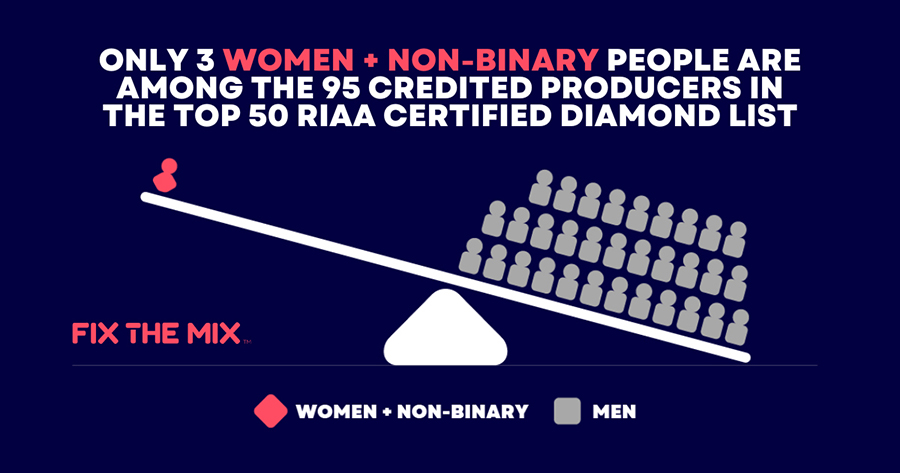
Additionally, the Fix the Mix report analyzes data by the 14 most popular genres and finds that the levels of representation for women and nonbinary individuals vary significantly, ranging from 0% to 17.6% in specific genres.
“While this research notes the genres that have the best and worst gender representations, it is important to note that every genre needs improvement in representation of women and non-binary people,” noted report co-author Keel, Middle Tennessee State University’s media and entertainment dean, co-founder of Change the Conversation and co-founder of Nashville Music Equality.

“It is difficult to fathom that representation remains so pitifully low in 2023. In any other industry, these low percentages of the genres that have the best gender representation would be an embarrassment, so I hope these ‘high achievers’ are not resting on their laurels. There should be no pride in being the best of the worst. It should go without saying that the genres with the lowest representation should convene their leaders to quickly develop solutions to this problem.”
“This study confirms what I’ve known after spending decades behind the board in the recording studio – women are not being given the same opportunities as men in production and engineering roles,” said co-author Lazar, Grammy Award-winning mastering engineer and founder of We Are Moving the Needle.
“Ensuring that there is more gender and racial diversity among music’s creators is not actually a complex problem if you want to solve it. The most important step is for artists and record labels to be able to hire from a more diverse pool of producers, mixers and engineers, but it’s exceedingly hard to hire people when you can’t find them. We hope this report will give decision makers the motivation and tools they need to make real change in their hiring practices so we can achieve gender parity in production, engineering and mastering roles.”
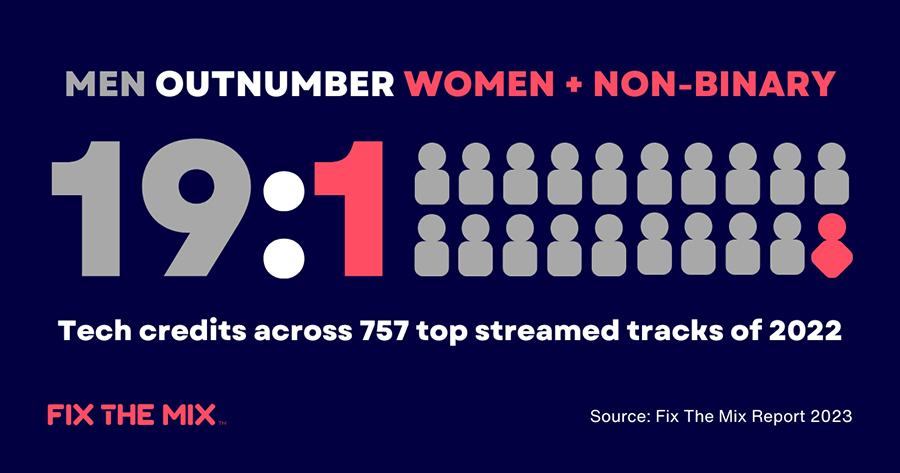
The Fix the Mix report analyzes data from one year (2022) across a total of 1,128 songs (757 top streamed songs), 30 Grammy-winning albums, Top 50 songs from the Spotify Billions Playlist, the Top 50 songs from the Recording Industry Association of America’s Diamond Certified Records List, and a breakdown of technical creator roles by distributor. The song and album data used in the report were sourced from the music industry’s major Digital Service Providers, or DSPs, the Recording Academy’s published list of the 65th Grammy Award winners, and the RIAA (Recording Industry Association of America).
The credit dataset for these songs and albums was supplied by Jaxsta, which, at the time of this report’s release, is the only official music credits database in the industry. The streaming consumption data used to rank songs across this report was sourced from Chartmetric, a music data analytics tool.
‘We simply have to do better’

“We’ve got such a long way to go to reach parity in the studio, but I know we can get there,” said nine-time Grammy Award winner and We Are Moving the Needle soundBoard member Brandi Carlile. “This is a systemic problem in the recording industry that we cannot ignore any longer. I’m not sure everyone knows exactly where to start … but it begins with the courage to take a chance on someone who may not be getting recognized regularly in the field. We have to start somewhere. It’s no one’s fault and everyone’s fault at the same time. Even me. I urge my fellow artists and producers to make hiring decisions that work toward a more equitable future.”

“We simply have to do better for women and non-binary creators in the industry,” declared Grammy-nominated artist and producer and soundBoard member Maggie Rogers. “It’s heartening to see more women and nonbinary individuals enrolling in audio and production programs, and I’m dedicated to supporting their growth through organizations like We Are Moving the Needle.”
Recommendations, solutions
The report finishes with a list of recommendations and solutions to address the gender gap, including accurately crediting all technical contributors, diversifying hiring practices, educating the industry, finding and hiring women and nonbinary producers and engineers, demanding data transparency, amplifying representation and encouraging active participation, supporting the changemakers, and developing forward-facing solutions.
Jaxsta has already begun making it easier to search for and find women and nonbinary professionals to hire in its global database by recently enabling its Explore function, which allows credited personnel to add their genders to their profiles.
“We are exceptionally proud that Jaxsta’s Explore functionality now enables creatives and talent to be found by their gender, ethnicity and more,” said co-author Appleton, the CEO of Jaxsta. “It is our responsibility as an industry to fix this longstanding disparity for those who identify as female or nonbinary and be proactive in making change. In a world-first, producers, engineers, songwriters and all those who bring their creativity and talent to the making of records, will now have the ability to claim and edit their profile featuring their Official Music Credits, incorporating characteristics that open up opportunities for employment.”
Concluded Keel: “I hope this report serves as a wake-up call for record labels, artists and others who hire producers, engineers and other technical creatives who record songs. Until we see women and nonbinary people hired and invited to the table where decisions are made, the industry will continue to merely pay lip service to Diversity, Equity, and Inclusion.”
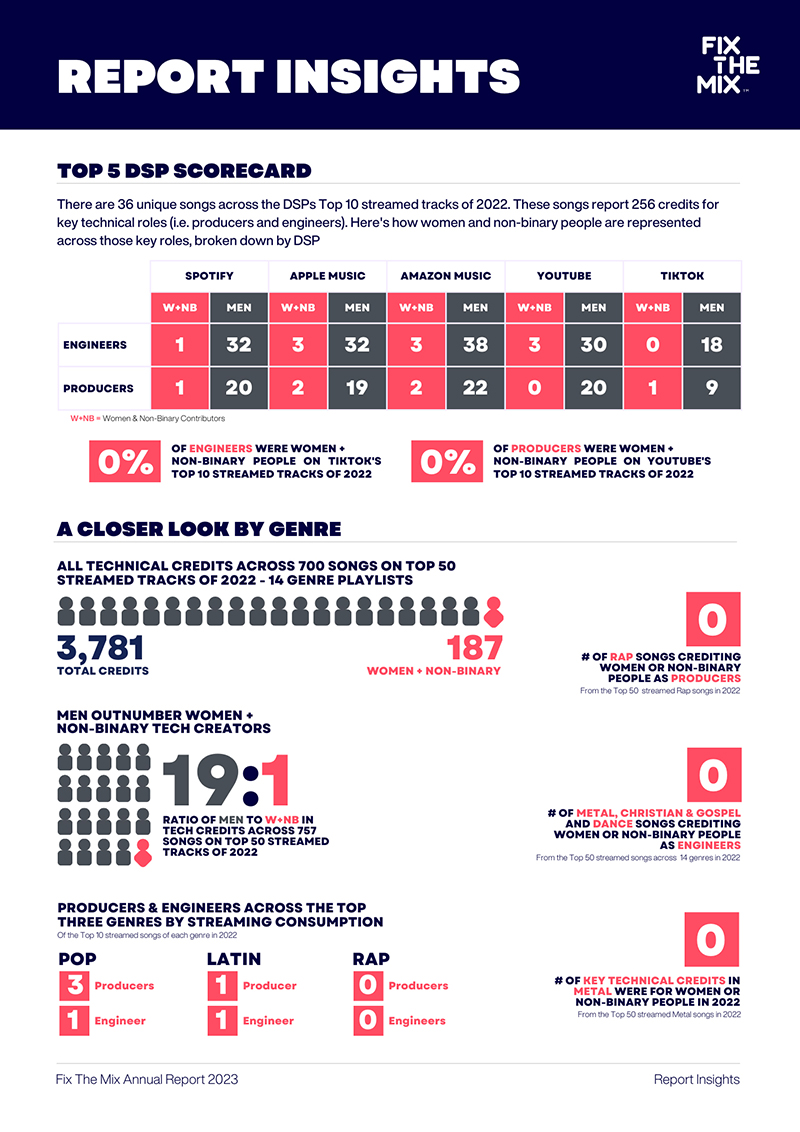

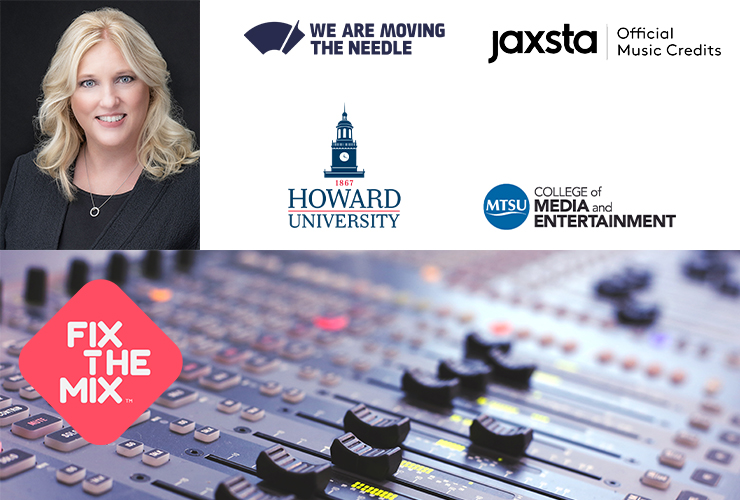
COMMENTS ARE OFF THIS POST